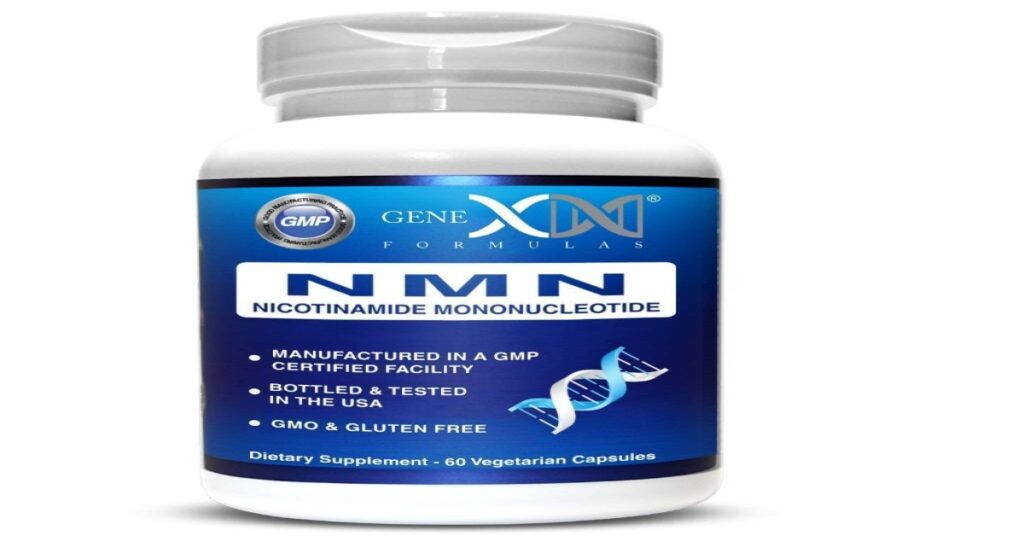Nicotinamide mononucleotide, also known as NMN, has gained traction in the realm of health and wellness, particularly in the conversations surrounding aging and longevity. As a precursor to the essential coenzyme Nicotinamide adenine dinucleotide (NAD+), NMN directly supports energy production and may rejuvenate cellular functions. The buzz around NMN is rooted in its potential to slow down aging-related processes, a promise that attracts those looking to maintain their youthfulness. However, any form of supplementation should be approached with caution, and NMN is no exception. Keep reading to delve deeper into supplementation and the potential NMN side effects.
Understanding NMN and Its Popularity in Anti-Aging Treatments

In layman’s terms, NMN is a molecule naturally found in all life forms and is integral toenergy metabolism. It is thought to enhance the levels of NAD+, which decline as we age, possibly leading to age-associated health declines. NMN’s prominence in the sphere of anti-aging stems from studies showing its potential to reverse age-related biological declines when administered as a supplement.
The allure of NMN goes beyond the scientific community, striking a chord with those who are proactive about their health and wellness. Its reputation as a fountain of youth in pill form has made NMN supplements a hot commodity among an aging population. With increasing research backing its claimed benefits, the popularity of NMN continues to skyrocket.
Moreover, the entry of NMN into mainstream conversations has been fueled by enticing anecdotes from early adopters. Be it improved energy levels or refined skin texture, these personal accounts have contributed significantly to NMN’s position in the market. But with such popularity comes the need for scrutiny, especially in terms of safety and potential side effects.
Investigating the Common Side Effects of NMN Supplementation
Like any other supplement, NMN may carry a risk of side effects, though current research suggests these are relatively minor. The most commonly reported side effects include mild gastrointestinal disturbances, such as nausea or bloating. These symptoms are largely anecdotal, and more extensive research is needed to establish a direct link.
It is also worth considering that overzealous NMN supplementation could potentially tip the body’s natural NAD+ balance. The complex interplay between NMN, NAD+, and cellular processes is delicate, and although the goal is to boost beneficial outcomes, there’s a fine line to walk regarding dosage and frequency.
Another factor to consider is the source and quality of NMN supplements. With a market saturated with various brands and formulations, the chances of experiencing side effects can vary based on the purity and composition of the supplement in question. It’s a reminder that not all NMN supplements are created equal.
Examining the Scientific Evidence on NMN Safety and Side Effects

When assessing the safety profile of NMN, one must turn to the scientific literature for guidance. Preliminary studies largely signal that NMN is well-tolerated in humans, with negligible side effects at advised dosages. Nonetheless, most clinical trials have been short-term, calling for longer-term studies to shed further light on the safety of prolonged NMN use.
Experimental models, such as studies conducted on rodents, have provided valuable insights into NMN’s mechanistic actions and potential safety concerns. These foundational studies help inform human trials, but there is a consensus in the community that human physiology requires tailored research to fully understand NMN’s safety in our bodies.
The FDA’s stance on NMN remains that of a dietary supplement, which comes with less strict regulations than pharmaceutical drugs. Therefore, the emphasis is largely on the manufacturers and consumers to report any adverse effects, further extending our understanding of NMN’s impact.
Guidelines for Safe and Responsible Use of NMN Supplements
Engaging in safe and responsible NMN supplementation begins with education. Potential users should thoroughly research and understand what NMN is and what it is believed to do. Taking the time to review scientific evidence and expert opinions sets the stage for making informed decisions.
Selecting high-quality NMN products from reputable suppliers is equally important. Seeking out brands that are transparent about their sourcing, adhere to Good Manufacturing Practices, and have verifiable quality control measures can reduce the risk of unintended consequences from impure or poorly produced supplements.
Finally, maintaining open communication with healthcare providers about NMN supplementation ensures that any potential side effects are adequately monitored and addressed. This collaborative approach to health management can lead to more favorable outcomes while minimizing risks. Overall, while NMN holds promise as an anti-aging supplement, the potential side effects cannot be overlooked. Users should proceed with cautious optimism, armed with knowledge and understanding of the possible implications of NMN supplementation.
